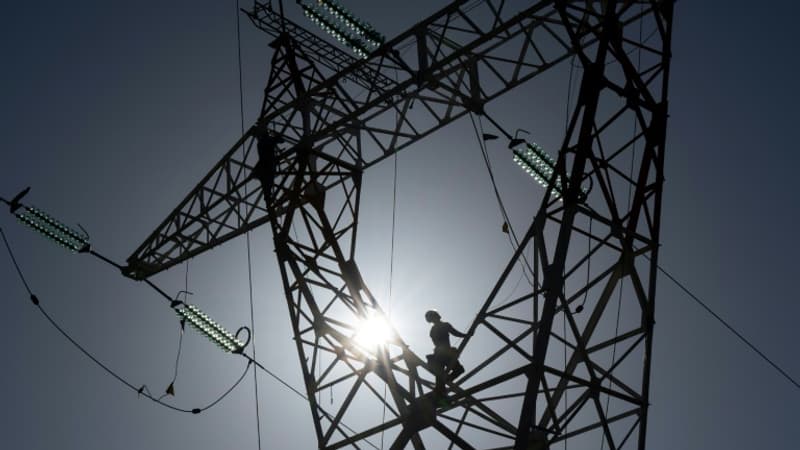Belgium will spend the winter without problem. Last week, the French manager of the electricity transmission network RTE warned of a high risk of tension in January due, in particular, to the delays accumulated by EDF in the reactivation of the nuclear park. On the other side of the border, in the north of France, the situation is quite different. “The fundamental difference is that we don’t anticipate any power supply problems, stresses Jean Fassiaux, a spokesman for Elia, the Belgian equivalent of RTE. We have a slightly more reassuring situation.
Belgium has the advantage of benefiting from production capacities that are in good shape. The country will go through the winter with six and then five of its seven nuclear reactors that provide almost half of its electricity production. You can also count on your participation in the production of renewable sources, which is constantly increasing and now reaches 20%. Finally, the Belgians have optimal gas reserves, like the French.
A drop of almost 10% in consumption
Like France, Belgium is even more serene because it can boast of registering an already substantial reduction in its electricity consumption: around 9.6% since the beginning of 2022, compared to the five-year pre-Covid reference period. In its latest forecast for the electrical system for next winter, RTE mentioned last Friday a drop of 5 to 7% in French electricity consumption between the beginning of October and mid-November compared to the average for the 2014-2019 period and, therefore, accentuated with respect to the month of September.
RTE’s Executive Director of Strategy, Forecasting and Evaluation, Thomas Veyrence, mainly attributed this fall to the industrial sector due to an accentuated price effect and more particularly to chemicals, followed by metallurgy and steel. According to the manager’s figures, the downward phenomenon would even oscillate between 11 and 13% for large industrial estates connected to the public transport network that, less protected, are more exposed to dizzying energy bills and reduce their activity accordingly. .
However, RTE indicates that the reduction in consumption also affects the residential sector and therefore households with less use of heating in particular “given the particularly hot weather conditions observed in recent weeks”. According to Jean Fassiaux, this mild climate also played a role in the drop in consumption, but regardless of this factor, Elia still calculates the drop at 6% for the 2022 financial year. On the other hand, the Belgian manager cannot say that the decrease it is driven more by the industrial sector than by the residential sector.
A less essential winter plan
While France has adopted an energy sobriety plan to encourage households, businesses and communities to reduce their consumption, the Belgian government has followed suit by implementing a “winter plan”. If it is “likely to lead to a reduction in energy demand, and therefore electricity”, RTE considers that “it is still difficult to distinguish the effect of the proposals presented at the beginning of October” in the French case.
However, these differences do not prevent Belgium from keeping an eye on its European neighbours, as Elia’s spokesperson reminds us: “We continue to monitor their situation because we export electricity and may need to import it in some cases.”
Source: BFM TV


